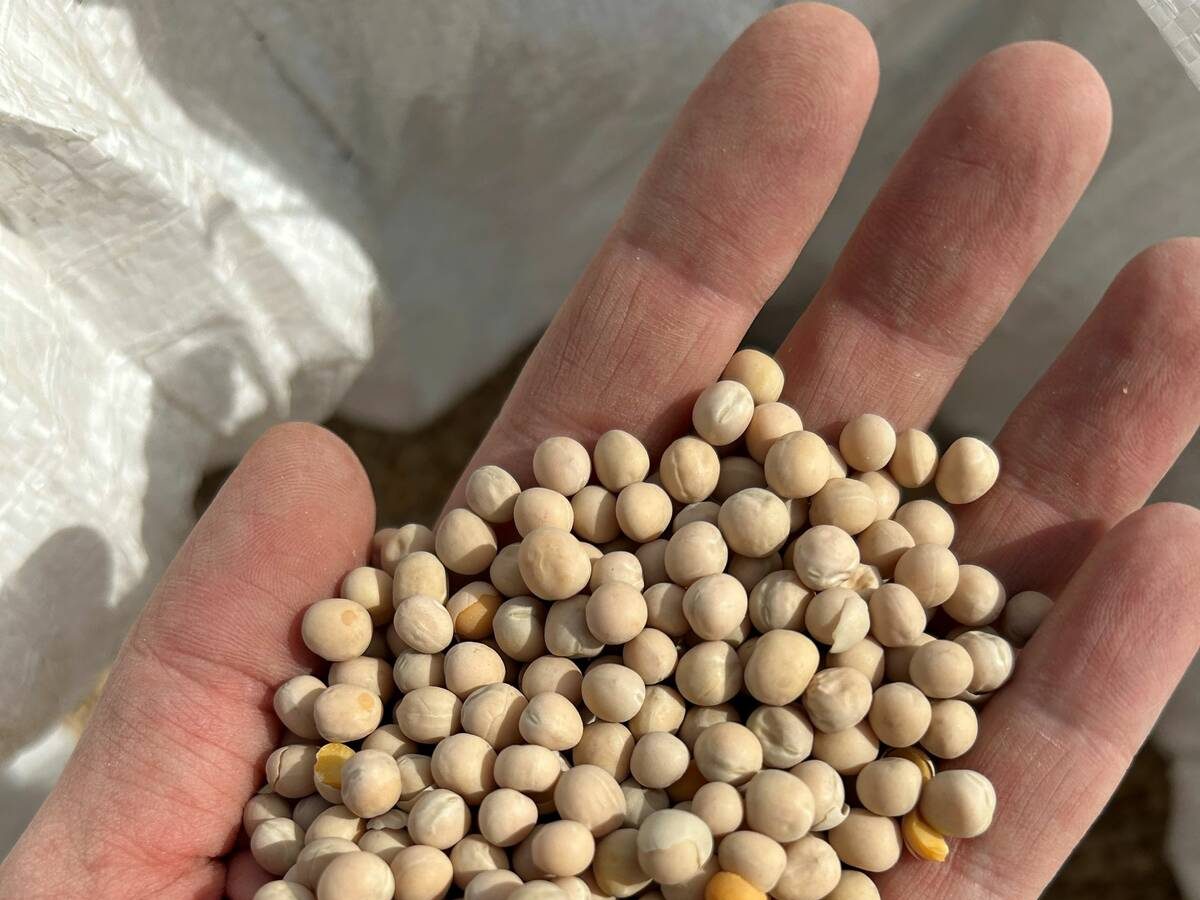(Resource News International) — Flaxseed bids remain stable in Western Canada, although the extra hoops that must be jumped through to make sales to Europe are keeping business on the slow side.
The discovery of trace amounts of genetically modified CDC Triffid flaxseed in some Canadian shipments to Europe this past summer all but shut down flaxseed sales to the region for a number of months due to the region’s zero tolerance on non-approved GM events. The Canadian government and the European Union endorsed a protocol on testing and documenting the presence of CDC Triffid in October.
Read Also

Pulse Weekly: Despite dropped tariffs, work remains for Pulse Canada
Pulse Canada was relieved when China announced the removal of 100 per cent tariffs on Canadian yellow peas on Jan. 16, but work still needs to be done in India.
While it did receive regulatory approvals in Canada, CDC Triffid has never been commercially grown in the country and was voluntarily de-registered in 2001.
“There is business going on, but it’s hard to do anything because everything needs to be tested,” said a grain company flaxseed merchant.
The Canadian Grain Commission has listed a number of facilities approved for testing flaxseed samples for the presence of CDC Triffid. The merchant said line companies looking to sell into the export market were only taking in certified GM-free flaxseed now, although producers were still showing some reluctance to the new requirements.
“The Europeans want the flax, and everyone wants this to move forward, it’s just a matter of getting the protocol and everything lined up,” said the merchant.
Some vessels, he noted, have already moved to Europe with flaxseed that was certified as being GM-free. While most samples have been approved as being GM-free, the merchant said low levels of genetic modification were being found in samples taken across Canada.
The merchant said bids, currently in the $8.50 to $9 per bushel area, were “fairly firm” across Western Canada, but that was only for flax that was certified as being free of any genetically modified traits.
Prices were slightly lower for any producers forced to sell across the border into the U.S., he said, as buyers there were taking advantage of Canada’s situation.















